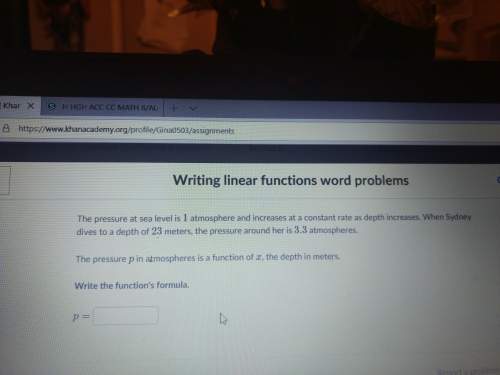
English, 06.05.2020 08:40 springlover7266
I went out to the hazelwood,
Because a fire was in my head,
And cut and peeled a hazel wand,
And hooked a berry to a thread;
5 And when white moths were on the wing,
And moth-like stars were flickering out,
I dropped the berry in a stream
And caught a little silver trout.
When I had laid it on the floor
10 I went to blow the fire aflame,
But something rustled on the floor,
And someone called me by my name:
It had become a glimmering girl
With apple blossom in her hair
15 Who called me by my name and ran
And faded through the brightening air.
Though I am old with wandering
Through hollow lands and hilly lands,
I will find out where she has gone,
20 And kiss her lips and take her hands;
And walk among long dappled grass,
And pluck till time and times are done,
The silver apples of the moon,
The golden apples of the sun.
1. Reread lines 1-16. What effect does the rhyming of the lines have on the poem’s tone?
2. Reread lines 17-24. What do these lines mean in the story of the poem?

Answers: 1


Another question on English

English, 21.06.2019 23:20
Read the excerpt from act ii, scene v of romeo and juliet. friar laurence: these violent delights have violent ends, and in their triumph die, like fire and powder, which, as they kiss consume: the sweetest honey is loathsome in his own deliciousness and in the taste confounds the appetite: 15 therefore love moderately; long love doth so; too swift arrives as tardy as too slow. friar laurence is motivated to offer this warning because he knows that something bad will certainly happen to the lovers. feels that romeo is acting foolishly and should not get married. enjoys giving advice because he is wise and can others. wants to caution romeo about the consequences of his actions.
Answers: 2

English, 22.06.2019 01:00
Pls excerpted from "hope is the thing with feathers" by emily dickinson [2] and sweetest—in the gale—is heard— and sore must be the storm— that could abash the little bird that kept so many warm— [3] i've heard it in the chillest land— and on the strangest sea— yet, never, in extremity, it asked a crumb—of me. in the last stanza, the author writes that the little bird “never … asked a crumb of me.” which type of figurative language is evident in these lines? a. onomatopoeia b. alliteration c. assonance d. personification
Answers: 2

English, 22.06.2019 02:30
Edgar allan poe uses many sound devices in his poem "the bells." which two words from the poem are examples of onomatopoeia?
Answers: 1

English, 22.06.2019 05:30
How does the author of finding flight incorporate ideas from the poem hope is the only thing with feathers into her work
Answers: 2
You know the right answer?
I went out to the hazelwood,
Because a fire was in my head,
And cut and peeled a hazel w...
Because a fire was in my head,
And cut and peeled a hazel w...
Questions



Physics, 27.06.2019 15:00

Mathematics, 27.06.2019 15:00



Mathematics, 27.06.2019 15:00





History, 27.06.2019 15:00


Biology, 27.06.2019 15:00

Mathematics, 27.06.2019 15:00




English, 27.06.2019 15:00

English, 27.06.2019 15:00




